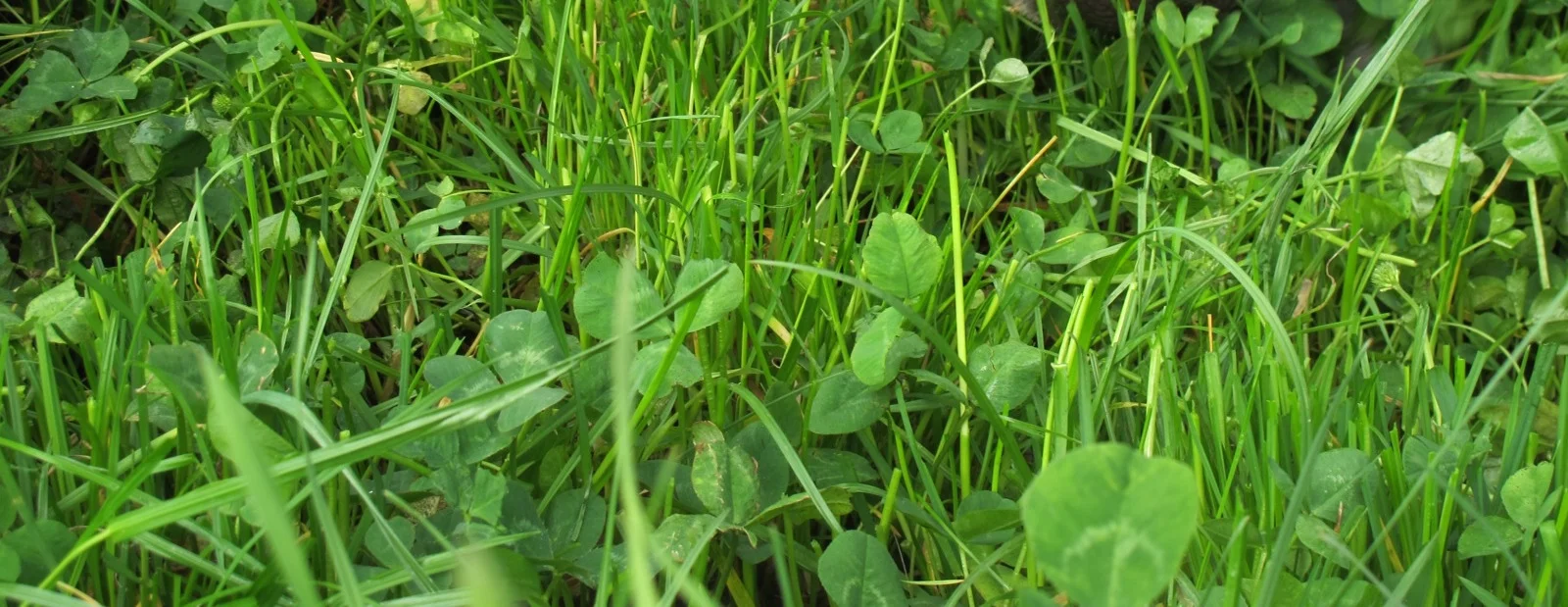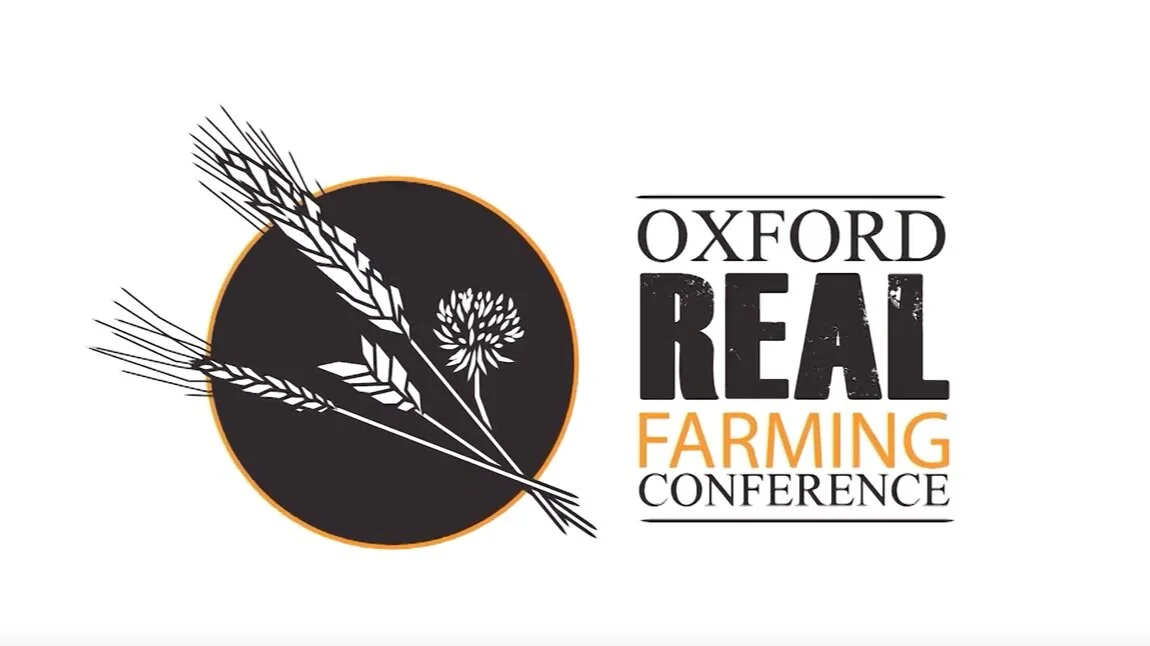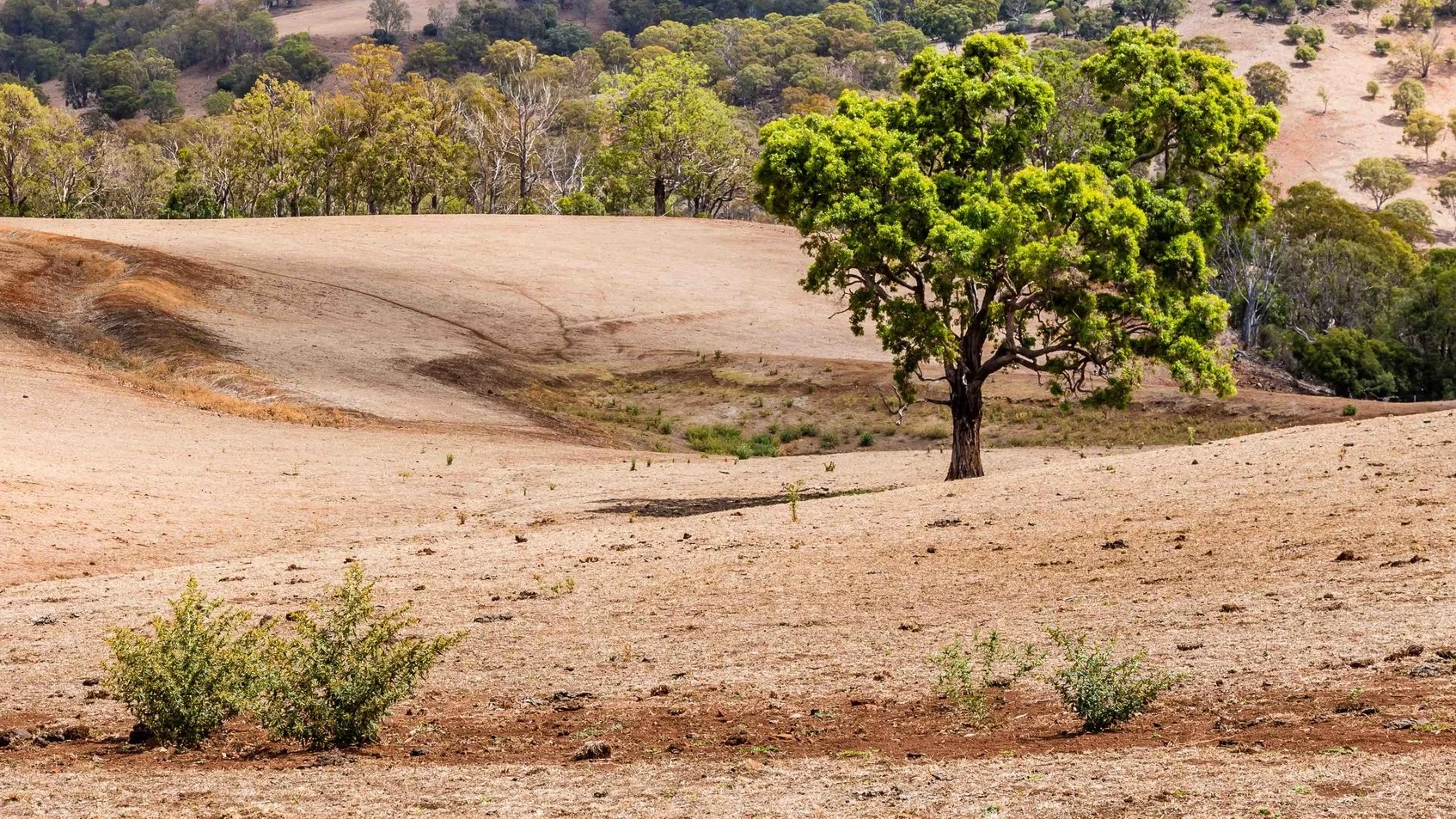Farming has been gravitating in two different directions since the start of industrialisation circa 1800's. The differences have never been so stark as in recent years. Three farming systems discussed in this article farm for microbes but because of different inputs, values and expectations there are different outcomes.
Farming system 1:
Microbes farmed in a sustainable way
Farmers who operate in sustainable systems farm for beneficial microbes, whether this is small-scale or responsibly managed on a larger scale. These farming methods imbue products like raw milk and raw milk cheese with diverse flavours, beneficial bacteria and health benefits. Sustainable farming practises keep bad bugs at bay by allowing healthy, happy animals to browse and fertilise pasture and then move on. Sustainable farming also produce traditional
foods the way it has been done for generations and thousands of years. Science now show these nutrient dense foods are rich in bio-available nutrients and very desirable for good reasons.
Research show human breast milk contains over 700 different kinds of bacteria. We can assume that fresh, unprocessed milk from cows or goats may contain similar or more diversity when produced for human consumption.
Outcome: Sustainable farming produce beneficial microbes that sustain life
Video: Visit an organic farm in downstate Chatsworth, Ill., where two farmers run a raw milk business, in which the milk isn't pasteurized or homogenized. Instead, it is bottled and sold shortly after it is produced from the cow.
Science show the abundant microbes from boutique dairy farms can protect us from pathogens in the food system in two ways: in the environment and in the human gut. The video on the right shows that dairy parlours are not sterile environments. Instead they can have an adequate level of cleanliness. These farmers farm for beneficial microbes with healthy, happy animals in ethical sustainable systems. Micro dairies in particular can practise very good hygiene controls and testing in the production of raw milk which leads to the abundance of beneficial bacteria that protect the milk. The innate protective qualities of the milk are not easily overwhelmed by pathogens that may be present. Also listen to this interview with raw dairy farmer Mark McAfee for a better understanding on why sustainable farming reduces the likelihood of pathogens in raw milk.
Symbiotic Earth
This new film looks at a pioneering American scientist and teacher Professor Lynn Margulis who was at the helm of a significant paradigm shift in biology that affects how we look at ourselves, evolution, and planet Earth.
Lynn traveled extensively, networking with collaborators in the sciences and humanities on ideas that stress the importance of symbiosis among all living things from bacteria to Gaia. The documentary offers a coherent look at a paradigm shift that affects decisions we make on a daily basis about health, nutrition and the environment. Traditionally, science has viewed living organisms as machines and in order to study them has used a reductionist approach which breaks things down into their component parts. Now scientists are also using a holistic
"Things work together more than they work apart."
approach – systems thinking – which is putting the world back together again, exposing properties that emerge from the system itself, and challenging our delusions that we can control and subjugate nature. Humans are not the pinnacle of life with the right to exploit nature, but part of a complex system in which each of our actions have repercussions.
Symbiotic Earth also examines the worldview that has led us to climate change and extreme capitalism. It offers a new worldview that encourages a sustainable and symbiotic lifestyle that have much more to do with interdependence and cooperation than competition. The film is showing in Melbourne the 31st of August. Click here to see the film trailer.
The Microbial World is our Nature
While many people still think of bacteria as “germs” and a plague on humanity, scientists now know that bacteria are Earth’s primary producers and recyclers and that we can’t live without them.
"Indeed, it turns out that each of us is not the independent individual we think we are, but a community of organisms living together through complex symbiotic relationships."
We contain more bacterial cells in our bodies than “human” cells. The average human body is made up of 100 trillion cells and 90 trillion are microbes. This implies that bacteria are 90% part of the homo sapiens experience. A better understanding of the role of bacteria in our bodies and in the environment is essential to understanding our health and the health of the environment.
“The Earth does not belong to us. We belong to the Earth.”
Farming system 2:
Microbes farmed unsustainably have to be sterilised
On the opposite end we have the profit driven system that is often large-scale, intensive and industrial. This system values maximising profit and often takes unhealthy short cuts to achieve it. Animals are sometimes stressed due to overcrowding, confinement, given food that they do not prefer in nature. Sometimes animals have no access to pasture or sunshine. These conditions can put a strain on the animal's immune system and make them prone to disease.
Food produced from such systems typically need to be pasteurised, sterilised or properly cooked because of safety concerns. These systems ofen pollute waterways and create social problems. Many examples show that the result of these systems are often pathogens (bacteria harmful to human health) and anti-biotic resistant strains. Simply killing off these harmful virulent bacteria in the food is not sufficient. They shouldn't be so abundant in the first place.
Outcome: Unsustainable farming, pathogens and anti-biotic resistant strains
Video: A Tale of Two Chickens is a short film which illustrates how we are paying a high price for food in hidden ways and why we need true cost accounting in our food and farming systems. Created with the Lexicon of Food, the Sustainable Food Trust hopes this film will help people to visualise the problem of food system externalities by comparing the stories of two chickens from two different production systems. One chicken, reared on pasture and organically grown feed, has minimal external impacts and in fact can generate actual benefits.
According to this article a British government report estimates that:
"About 700,000 people worldwide currently die annually due to antibiotic-resistant infections."
According to another article, more foods are pasteurised every day to make up for unsanitary conditions, destroying the natural bacteria and enzymes that would normally counteract the growth of pathogens. These unsustainable farming systems are often manufacturing plants for these very dangerous microbes. Authorities have demonstrated many times that they are unwilling to put public health before corporate interests.
One of the greatest natural assets that humankind has is soil. It is the home of many beneficial microbes whose metabolites are essential to life. Evidence show corporate-controlled industrial systems and factory farming are set up to kill off and overwhelm this life (more). The video above describes some of the avenues to create change.
Video: Sick chicken: the dirty truth about food and the UK’s poultry industry | Guardian Investigations
Clostridium Difficile: an example of dysbiosis and disease.
C. diff infection is what happens when good gut bugs are destroyed.
Today there is so much evidence showing the havoc that loss of good microbes create in people's lives. It is surprising that people have not put two and two together and stormed parliament to legalise raw milk in Australia. The overuse of anti-biotics and junk food have contributed directly to C. diff infections. Scientists say the lack of dietary beneficial bacteria and dietary fibre to feed them have paved the way.
"A 2015 CDC study estimated that C.diff afflicted almost half a million Americans and caused 29,000 deaths in 2011."
"The study estimated that 40 percent of cases began in nursing homes or community health care settings, while 24 percent occurred in hospitals." The elderly and immune compromised are extremely vulnerable. They are often given yogurts to reseed the microbiome but these commercial yogurts are proven inferior.
Deprivation from beneficial microbes create a sloppy, immature immune system
Science now show that if a human being is deprived of this interaction with beneficial microbes, the immune system is unable to fight off diseases properly. The beneficial microbes that naturally help to shape our immune system slowly moved out of reach for city folk in particular. The supermarket has slowly been sanitised from the beneficial microbes we used to get from sustainable farming practises.
To increase the case for the benefits of raw milk, there are studies to show that some beneficial bacteria abundant in raw milk cheese in particular can crowd out pathogenic E.coli, Campylobacter and even Salmonella. One particular strain of an often maligned probiotic reduced salmonella levels by more than a hundred-fold in a study mentioned in this article. It's a promising performance because antibiotics are no longer seen as a viable solution. Antibiotic's bulldozer approach only makes an infection worse by wiping out good bacteria that protect the gut and provide competition for bad ones. Immune compromised people are in real trouble because once gut diversity is lost, it can be challenging to restore immunity.
Farming system 3:
Probiotics grown in a lab
Probiotic sales are booming but are they worthy of your dollar? Probiotics are one of the food industry's biggest trends. A BCC Research report found that the global probiotics market reached $34 billion in sales in 2015. Research projects that the probiotics market will grow to $50 billion globally by 2020. According to the article yogurt still leads the market but those who will soon be 'growing a health halo' by adding probiotics are products like juices, confectionery items, baked goods, wine, beer and now breakfast cereal.
A new 2017 study show that most probiotic yogurts don't contain enough 'good' bacteria for additional benefits. The researchers found that the probiotic levels in these yogurts were sometimes up to 25 times lower than what clinical trials have found to be effective.
Experts also say that the lack of actual live microbes makes commercial yogurts and probiotic pills an inferior probiotic, read more here. Also, who is to be the judge on which beneficial microbes will have the most benefit when science show it is the diversity that is the key?
These probiotic pills and yogurts that often contain only a few strains of microbes, do not align with the symbiotic narrative of Professor Margulis in which many bacteria join together to support all living organisms.
Many researchers receive funding with an expectation to produce science that will enable companies to produce and market probiotics in a way that leads to a long term financial investment. When probiotics become an engine to generate profit, can consumers really trust that the product is the very best science can produce?
According to this article scientists have tried for years to identify a list of bacterial species that were associated with health. Today, some believe that a core set of metabolic and molecular processes are at the heart of a healthy gut. Which species support these processes is less relevant than how well they are working together. The hallmark of this functional core of gut bacteria is a set of genes that promote long-term residence in the gut and active contribution to human metabolic function. Specifically, these microbes aid digestion, as well as the production of vitamins, hormones, and essential amino acids.
Legalise and regulate raw milk
Recently another organisation in Australia, which will not be named, said that we are designed for a varied biome and to be selective about it and only take single species probiotics, whilst avoiding others, causes digestive chaos.
C.diff has killed thousands and the industrial food system, pathogens and anti-biotic resistant strains don't seem to be going away any time soon. However we can legalise and regulate raw milk and utilise the multitude of diverse, beneficial microbes to crowd out bad microbes and to help protect and create homeostasis in the gut. Having a gut packed with good microbes and a strong immune system are your last defences against pathogens.
Image: photo from the Eat Buy Grow rally in Melbourne.
Related Articles:
Antibiotics in salmon: Tassal quadruples amount, rivals reduce or eliminate use
Kellogg adds probiotics to Special K to grow health halo
Antibiotics: Fuzzy connections between humans and animals
Asthma or Brucellosis: The Dangers & Benefits of raw milk
Feed Your Gut Microbes Well, Lest They Feed on You
Gut microbiota and the Immune Compromised
Soil ecology and nutrient-dense food
Loss of microbial gut diversity a threat to health?
The benefits of fermented food
Antibiotics used in food production are fuelling major global health crisis
Video: BBC Countryfile Campylobacter






















